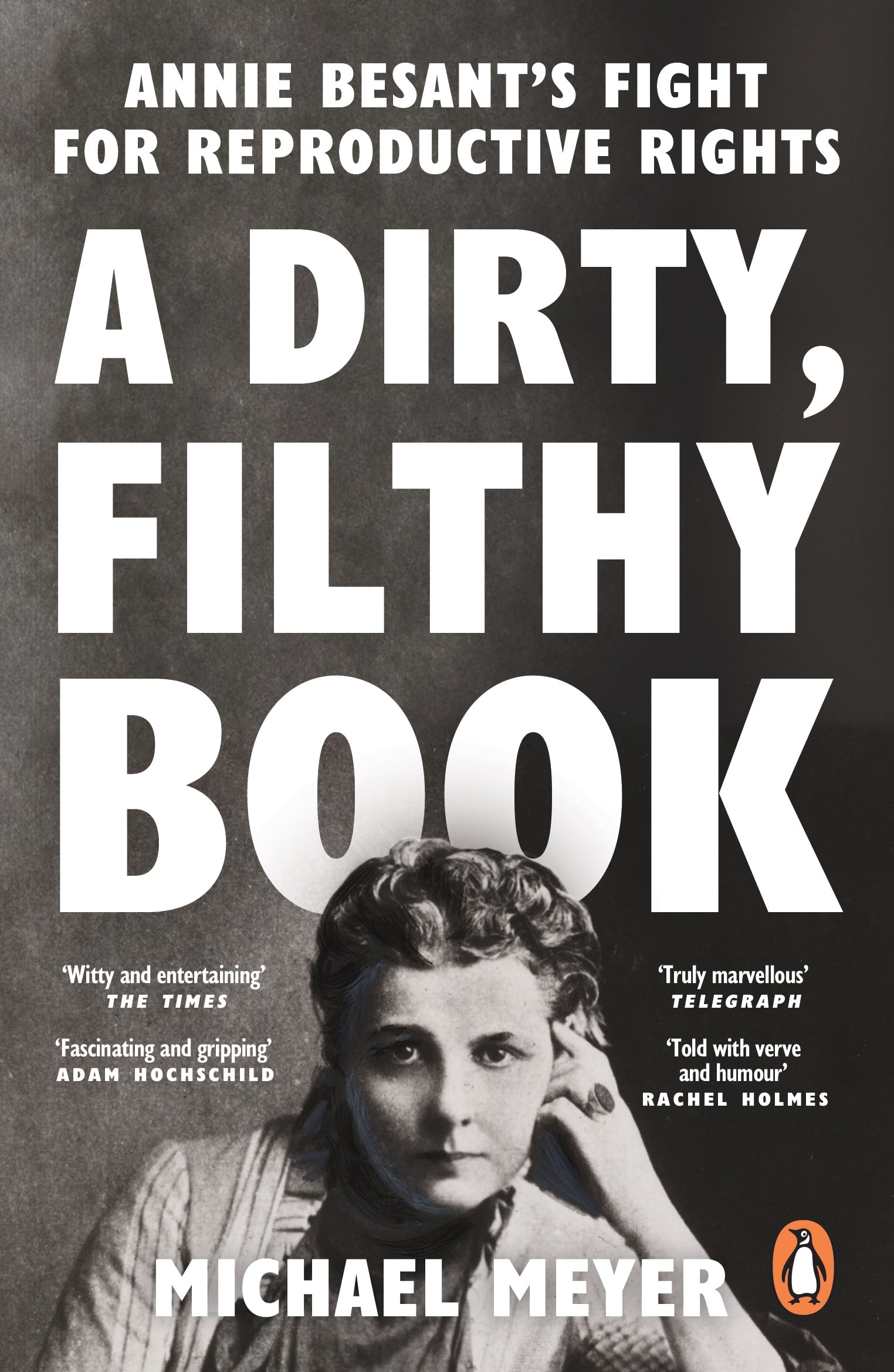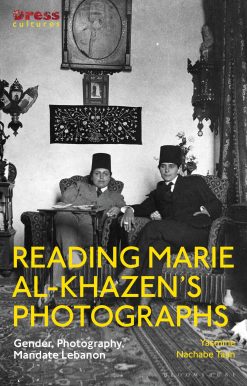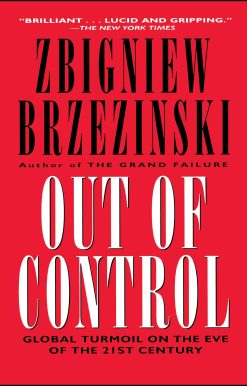A Dirty, Filthy Book: Annie Besant’s Fight for Reproductive Rights
10.99 JOD
Jordan: Deliverable within 48 hours
International: Deliverable within 7 Days
Description
‘Makes the case for Annie Besant as a truly eminent Victorian, as brilliant and fearless as she was beautiful’ The Times_________London, 1877. A petite young woman stands before an all-male jury, about to risk everything. She takes a breath, and opens her defence.Annie Besant and her confidant Charles Bradlaugh are on trial for the crime of publishing a birth control pamphlet. Remarkably, Annie is defending herself against obscenity charges 45 years before women can practice law in England. At a time when women were expected to be obedient, Annie’s fearless voice was a sensation and spotlighted issues of sex, censorship and morality.A Dirty, Filthy Book tells the gripping story of a little-known pioneer who refused to accept the role that the establishment assigned her, and chose instead to resist.
Additional information
| Weight | 0.5 kg |
|---|---|
| Dimensions | 3.5 × 12.9 × 19.8 cm |
| Format | Paperback |
| language1 | |
| Pages | 320 |
| Publisher | |
| Year Published | 2025-2-6 |
| Imprint | |
| Publication City/Country | London, United Kingdom |
| ISBN 10 | 0753559943 |
| About The Author | Michael Meyer is a critically-acclaimed author and journalist who has written for the New York Times, the Wall Street Journal, the Financial Times, and many other outlets. A Fulbright scholar, Guggenheim fellow, Berlin Prize and Whiting Award winner, Meyer has also received fellowships from the National Endowment for the Humanities, the Cullman Center, MacDowell, and the University of Oxford's Centre for Life-Writing. He is a Professor of English at the University of Pittsburgh, where he teaches nonfiction writing. |
| Review Quote | Makes the case for Annie Besant as a truly eminent Victorian, as brilliant and fearless as she was beautiful . . . [A] witty and entertaining account |
| Other text | Drawn from newspaper accounts, court records, and Besant's own memoir, Meyer's depiction of Besant fighting for reproductive rights, almost 150 years ago, is truly marvellous . . . Meyer succeeds admirably in his efforts to bring to light the story of a truly remarkable and courageous woman |





